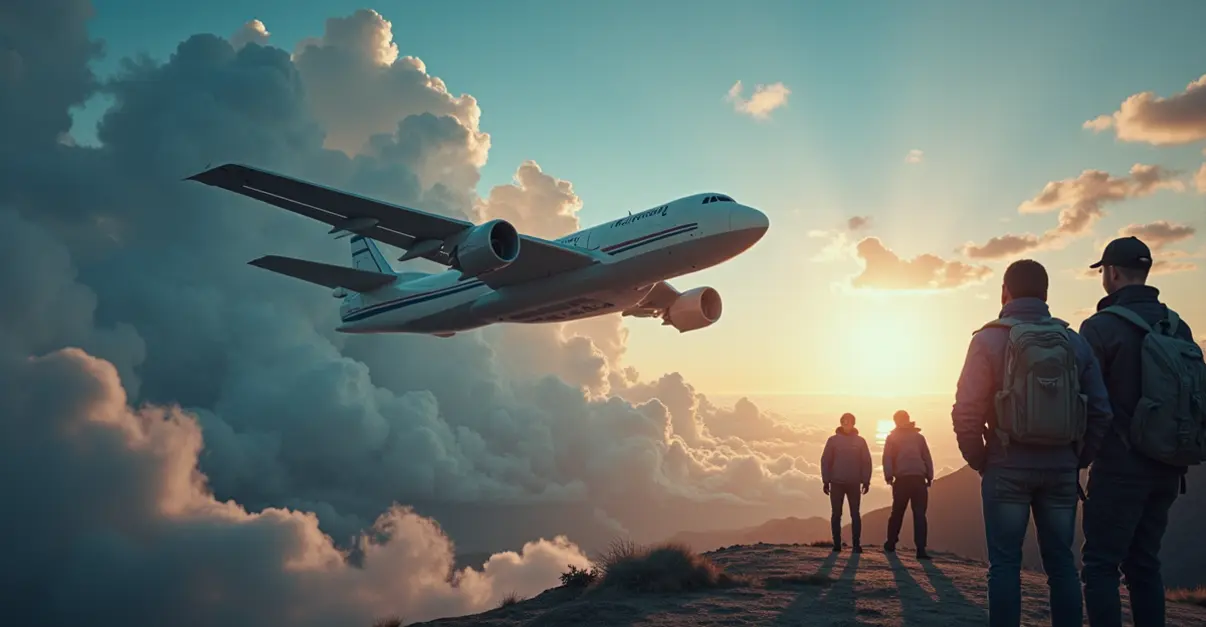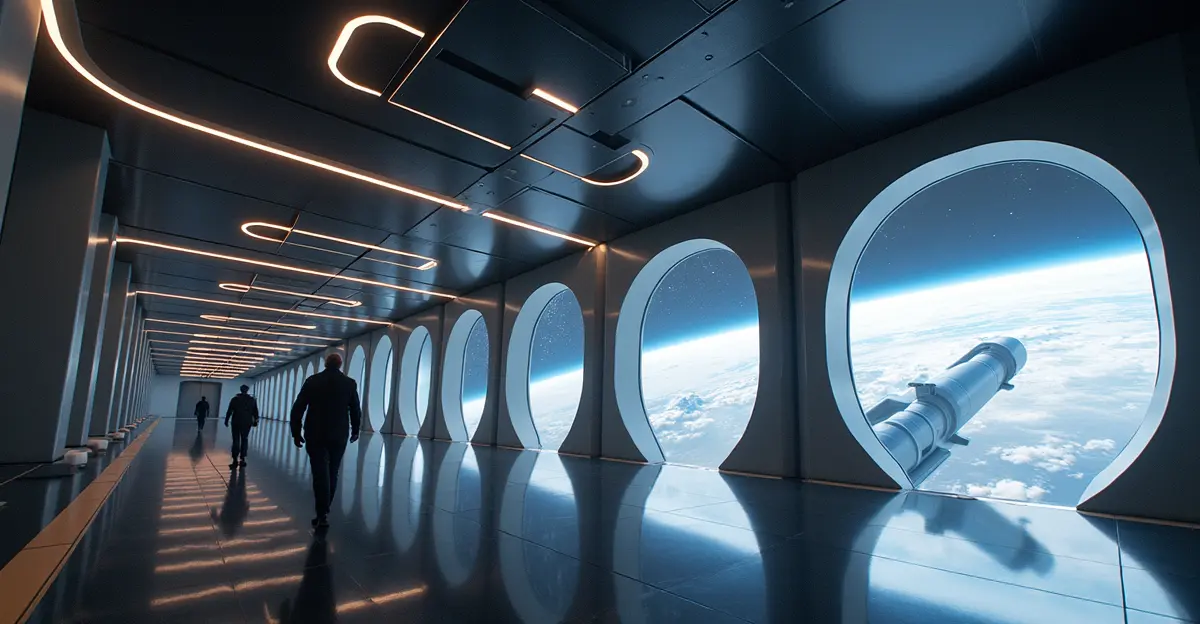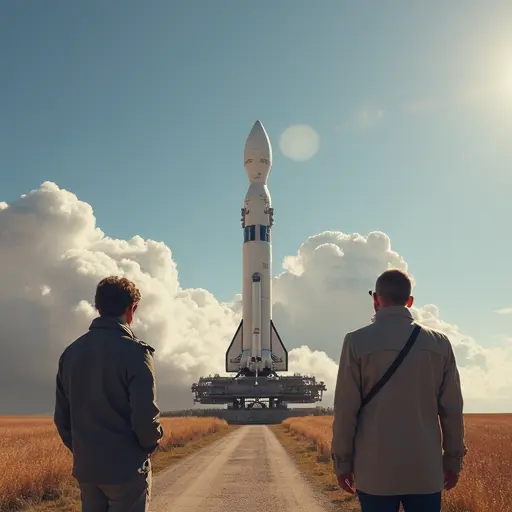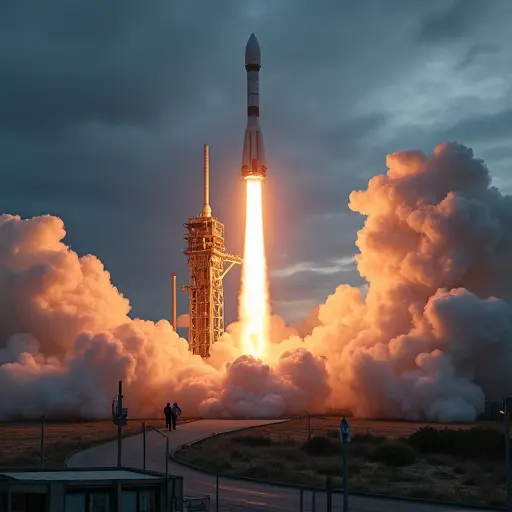New Safety Standards for Space Tourism
International space agencies have jointly drafted comprehensive safety regulations for commercial crewed spaceflights. The proposed framework addresses the rapid growth of space tourism operators like SpaceX, Blue Origin, and Virgin Galactic, aiming to establish universal safety protocols for civilian space travel.
Key Safety Requirements
The draft mandates rigorous medical screenings and specialized training for space tourists, including centrifuge sessions to prepare for high G-forces and parabolic flights for weightlessness acclimation. Spacecraft must feature redundant life-support systems and meet stringent structural integrity standards verified through third-party testing.
Emergency protocols cover scenarios from launch aborts to cabin depressurization, requiring operators to maintain rescue capabilities throughout flights. The regulations also establish liability frameworks and minimum insurance requirements for commercial operators.
International Coordination
The standards emerged from collaboration between NASA, ESA, JAXA, and emerging space agencies. This marks a significant step toward harmonizing global spaceflight regulations as private companies target orbital hotels and lunar flybys. The India-U.S. TRUST initiative recently highlighted space tourism safety as a key cooperation area.
"This framework provides the safety backbone for an industry poised for exponential growth," said FAA Associate Administrator Kelvin Coleman. "By 2030, we expect over 500 private citizens to visit space annually."
Industry Response
Space tourism companies have largely welcomed the proposals. Virgin Galactic emphasized their existing safety protocols exceed draft requirements, while Axiom Space noted standardized regulations will boost public confidence. The draft enters a 60-day public comment period before final ratification expected in Q4 2025.

 Nederlands
Nederlands
 English
English
 Deutsch
Deutsch
 Français
Français
 Español
Español
 Português
Português










